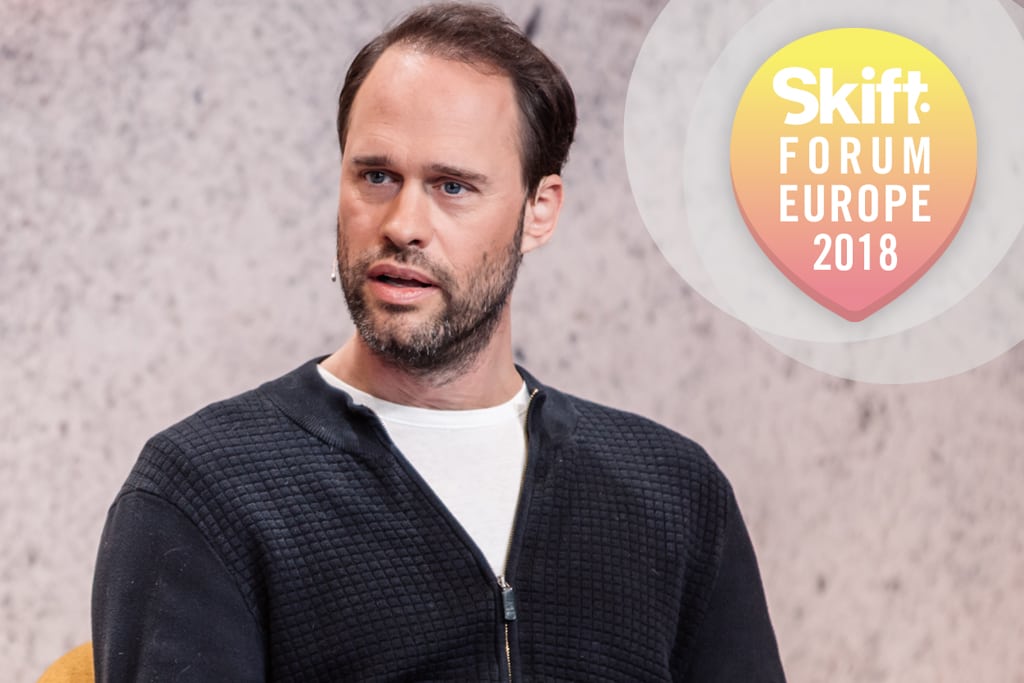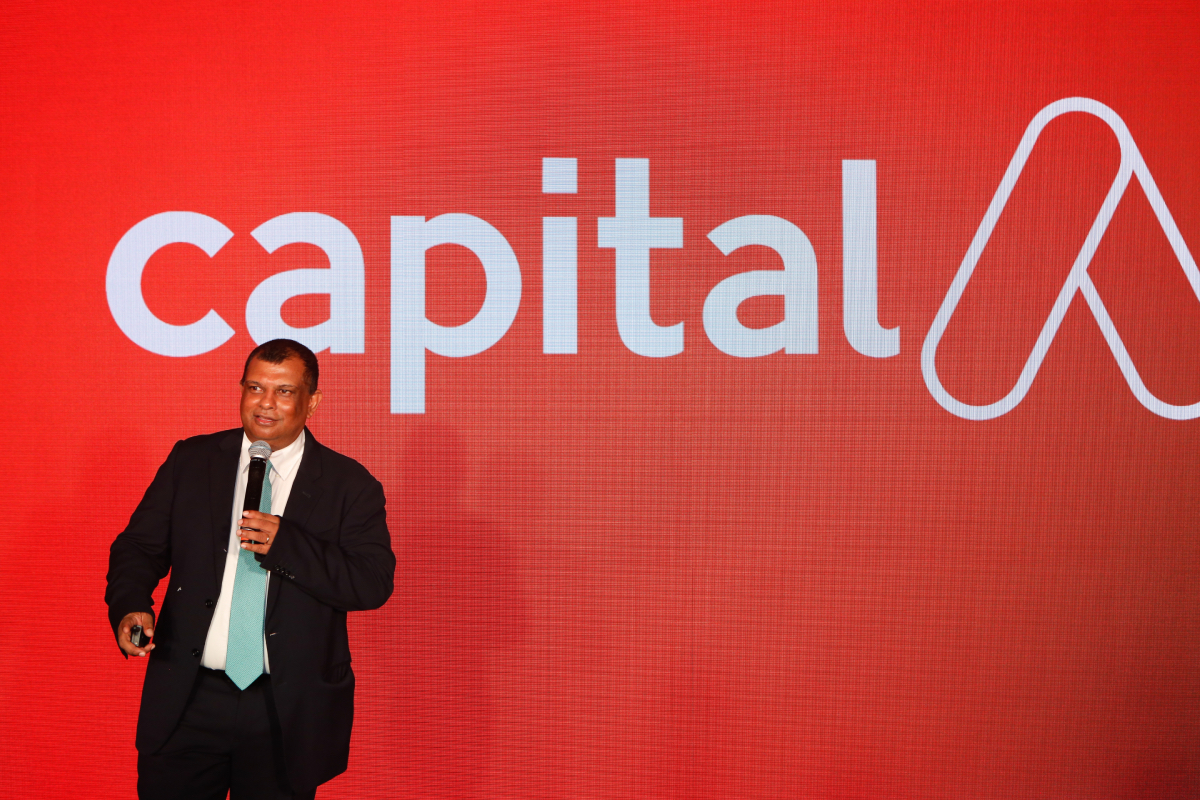Video: Booking CMO Says Brand Marketing Has Limits

Skift Take
Pepijn Rijvers isn’t a “mad man” — or one of the slick, nattily suited advertising salesmen from the TV series Mad Men.
“We’re fairly rational in how we invest,” said Rijvers, the chief marketing officer of Booking.com, when he spoke on April 26 in Berlin at Skift Forum Europe.
Pepijn Rijvers acknowledged that an increase in brand marketing is part of Booking.com’s mix. But he said he found brand marketing to have limited usefulness relative to other options.
“I don’t really think a consumer would want to spend $30 more on a property simply to be able to tell their friends, ‘I booked with Booking.’ Right?” Rijvers said.
“We’re not an aspirational brand. We’re very functional.”
Is it a marketing problem not to be an aspirational brand?
“If brand marketing were the only avenue toward sourcing new demand, then yes,” Rijvers said. “But luckily there are other ways.”
Making the Brand Memorable
Travel suppliers, such as Airbnb, Trivago, and major hotel chains, spend proportionally more than Booking.com has on branding, such as with TV commercials. The intention is to build recognition among consumers. The hoped-for payoff is to either boost the chances a consumer will click on a paid ad or encourage a consumer to book any repeat stay directly and avoid additional marketing cost.
In May, Glenn Fogel, CEO of parent company Booking Holdings, said that his plan was to spend a bit more on brand marketing, particularly on TV. Before that, he said his goal is for Booking.com to become a recognized — if not quite a household — name among consumers, especially in North America.
In the past two years, Booking has bought more TV ads. For example, between October 2017 and January 2018, Booking.com’s U.S. national TV advertising jumped to $24.3 million, from merely $130,793 in the same period a year prior, according to research firm iSpot.tv.
Few people know better than Rijvers how his company has mainly used performance-based marketing — such as buying ads in Google and other Web-search results — to grow into a $100 billion travel colossus.
Data First
Yet brand marketing remains a mere drop in the bucket of Booking.com’s overall marketing expenditure. Last year it spent $4.1 billion on performance-based advertising.
“It’s always a tradeoff between what is the current return that you get from spending an advertising dollar [in a channel] versus the future value of the customers you attract,” said Rijvers. “You want to optimize the trade-off between short-term growth and long-term profit.”
Some hoteliers have spent big in recent years on brand marketing campaigns to drive more direct bookings. Rijvers said he understood hotelier desires to increase direct bookings.
But he said he didn’t think that brand marketing was typically the most effective path to achieve the goal.
Naturally, he thinks his company’s services offer a better route for hotels.
“Every property owner in the world should use Booking.com as a customer acquisition channel and then try to do everything to make that customer become loyal and book repeat stays direct,” Rijvers said. That would be a more profitable, higher-growth approach, he said.
Consistent, as ever, Rijvers thought that approach would also be more rational.
You can watch the entire interview above, or consider reading more coverage of Skift Forum Europe.
At Skift Forum Europe in Berlin, Europe’s travel leaders gathered for a day of inspiration, information, and conversation.
For more details on the upcoming Skift Restaurants Forum and Skift Global Forum in New York City, as well as the recent inaugural Skift Tech Forum, please visit our Forum site for details.





